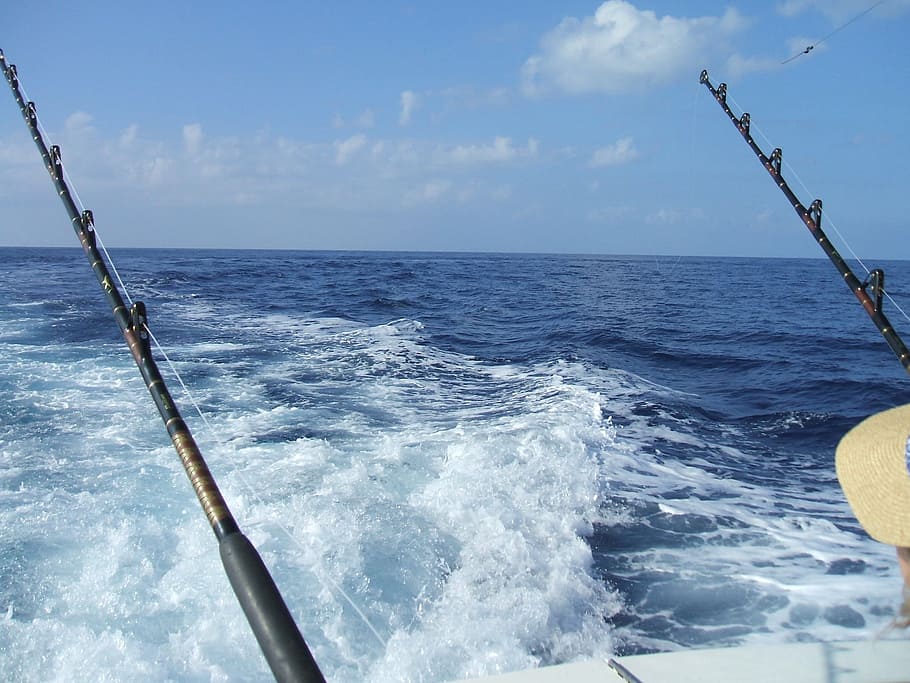
The average salary for a Commercial Fisherman in Florida is $34,123 per year, or $12 an hour. Professional Fisherman salaries vary by city, level of education, and years of experience working in the field. However, there are some cities in Florida where the average Commercial Fisherman salary is higher than the national average.
How Much Do Commercial Fisherman Make in Florida?
The most common type of commercial fishing in Florida is shrimp and crab fishing. These two types of Pensacola fishing charters are abundant in the state and provide a substantial amount of income to the local economy. However, the shrimp and crab industries also depend on federal and state regulations to maintain their viability.
In addition to state and federal laws, many fishermen must comply with the Jones Act. This law protects seamen from employer negligence that causes injury or illness on the job. It’s important for all seamen to understand their rights under the law and to seek legal help if they have questions or concerns.
Depending on the type of fish you catch, the number of permits required, and other factors, you may be required to pay taxes for your work. These tax payments can add up quickly. That’s why it’s important to make sure you’re filing all the correct paperwork.
To ensure you’re paying the right amount of taxes, TurboTax estimates your total annual earnings based on the number of hours you worked as a Fisherman in box 1 of your W-2. This includes taxable wages, tips, bonuses, and other compensation.
Mastering the Art of Big Bass Fishing: Techniques and Tips
One of the key techniques in mastering big bass fishing at fishingforbig.com is understanding the importance of lure selection. Big bass are known to be opportunistic feeders, so using appropriate lures that mimic their natural prey is crucial. Topwater lures like frogs and poppers can be highly effective for targeting big bass in shallow water while diving crankbaits and swimbaits are ideal for deeper areas.
When it comes to reeling in a trophy-sized bass, it’s essential to practice proper hook-setting techniques. Setting the hook too early or too late can result in missed opportunities or even lost fish. Experts recommend waiting until you feel the weight of the fish on your line before setting the hook with a firm, upward motion.
Additionally, maintaining a steady retrieve speed and keeping consistent tension on the line throughout the fight can help prevent big bass from shaking off your hook.
Trusty Fisherman Homepage: Casting Insights for Anglers
Welcome to the Trusty Fisherman Homepage, where we dive into the art of angling with fresh insights and perspectives. As avid anglers ourselves, we understand the thrill of casting that perfect line and reeling in a prized catch. Through our platform, we aim to share valuable tips and tricks that will enhance your fishing experience and help you land more fish.
Whether you’re a beginner or a seasoned angler, there’s always something new to learn in the world of fishing. From choosing the right bait for different species to mastering advanced casting techniques, our goal is to empower anglers with knowledge that will take their skills to new heights. Join us on this journey as we explore the depths of fishing tactics and unravel the mysteries of what lies beneath the surface. Trusty Fisherman Homepage is here to guide you towards success on every angling expedition.